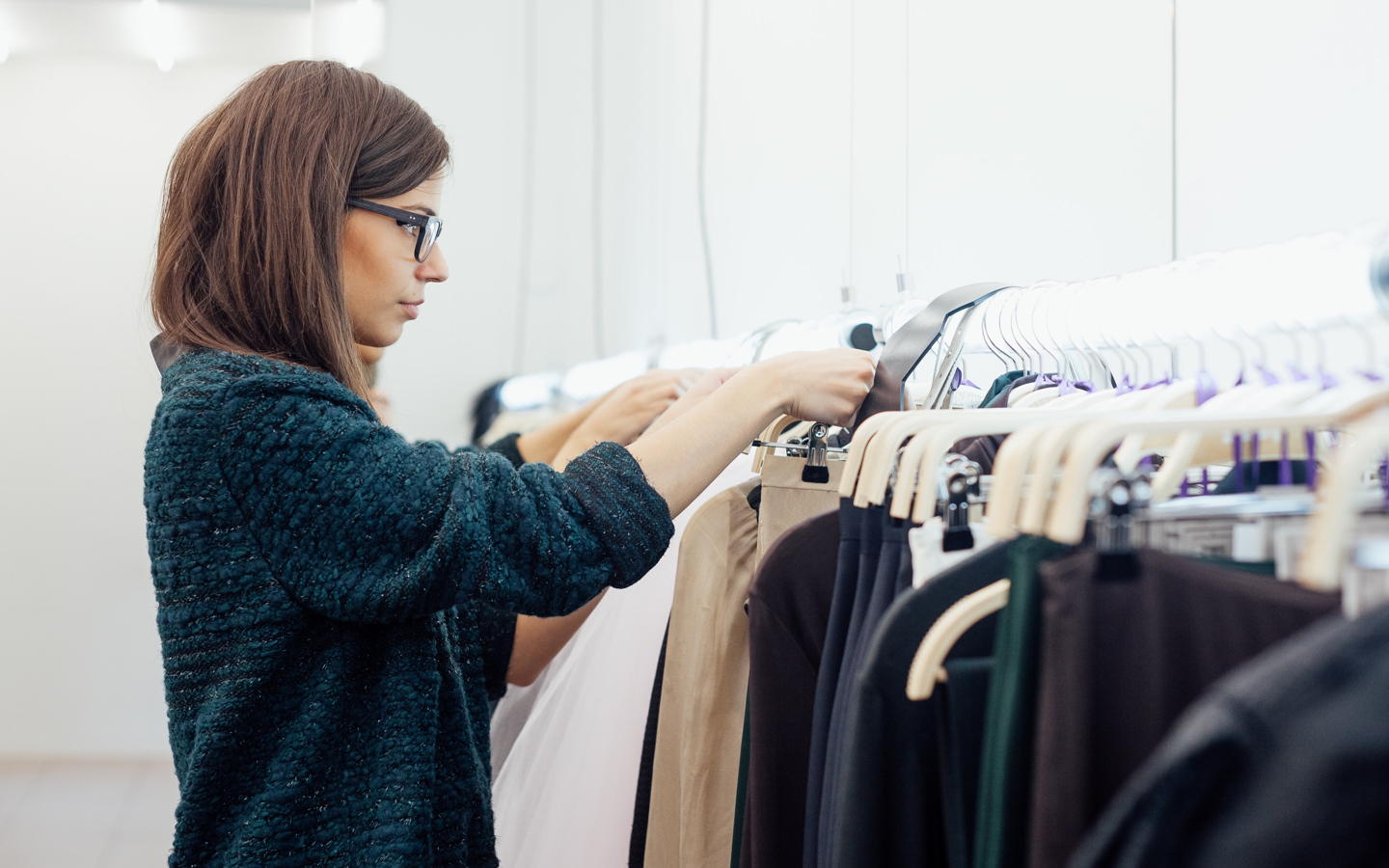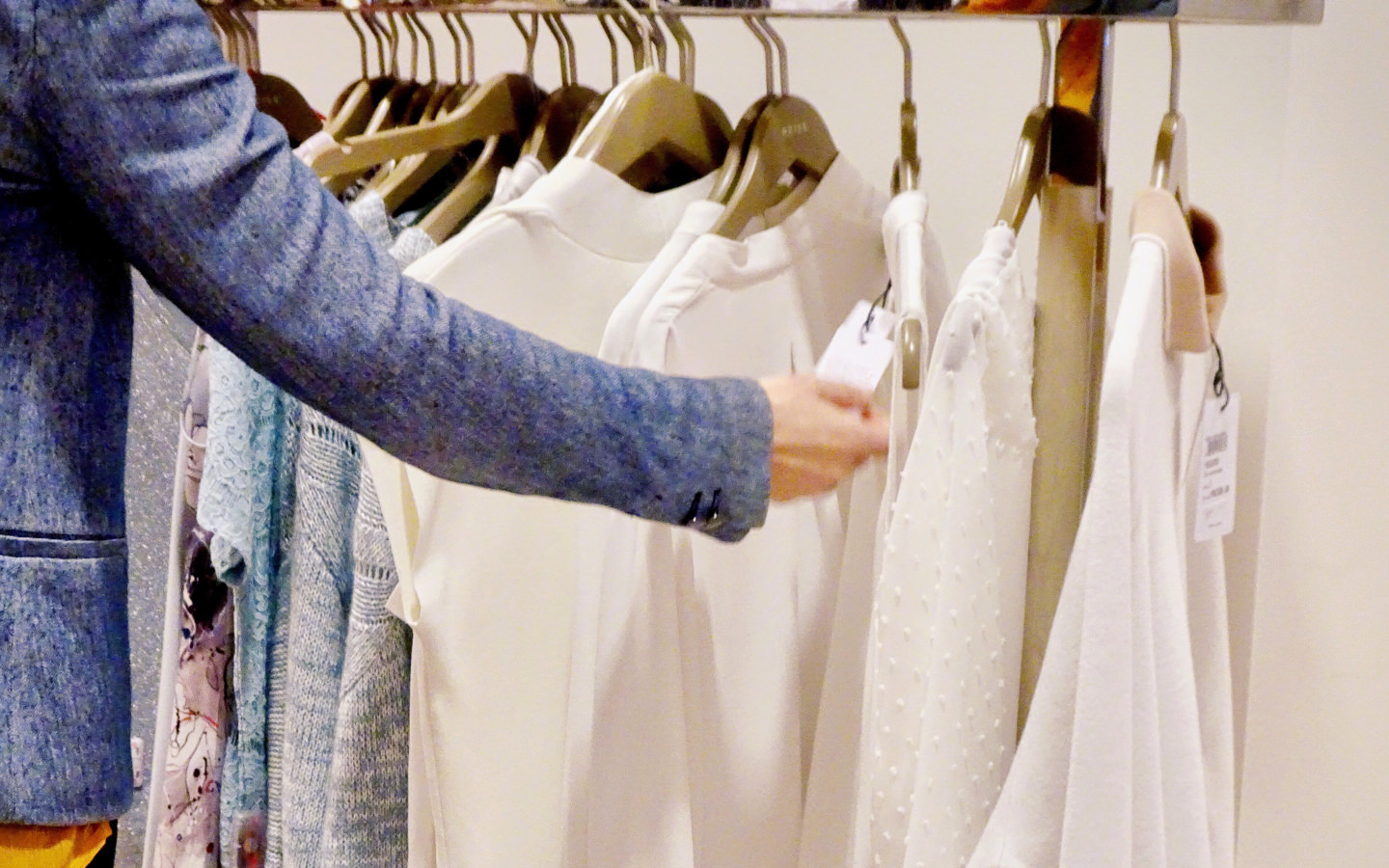Quick: How many promotional emails did you receive in your inbox this morning? If you’re anything like me, the number is staggering (I don’t even remember signing up for all these!) Everyday, we contend with an onslaught of messaging designed to make us purchase — sales, deals, limited time only, all those exclamation points — and with more and more of us working from our laptops and generally staying connected all the time, that messaging is impossible to avoid.
It’s all too easy to fall into the trap of unconscious consumerism, spending money just to get a good deal, or being tricked into thinking we desperately need whatever it is being advertised to us. Despite the trend towards minimalism, we have more stuff now than ever before — but is all this stuff really making us happy?

Can Money Buy Happiness?
Recent studies have drawn a connection between experiences and happiness. Turns out, money can buy you happiness — but only if you spend it on the right things. That fast fashion shopping spree? The purchases may bring you a quick hit of dopamine, the neurotransmitter that gives your brain a burst of reward-motivated happiness, but that will fade about as quickly as a poorly made tee-shirt. However, a great meal, camping trip, or weekend away could bring long-lasting joy and memories to look back on for years to come.
In other words, a great experience will stick in your mind, draw you closer to those you shared the experience with, and give you something positive to think about for far longer than an object. While the final product may not be material in nature, the reward is greater and longer-lasting.

Go Deeper – Ask Questions
But adopting the “experiences, not things” mantra doesn’t mean you have to become a staunch minimalist! Just as investing in an experience brings you longer-lasting happiness, investing in and being more conscious of the other purchases you make in your life can bring a certain kind of joy as well.
In the same way we’ve come to care deeply about the conditions under which our food is produced, we need to become more conscious of where our clothing and other essentials originate as well. This is what it means to be a conscious consumer. We should be asking the same questions about where our sweaters and jeans as we are about our eggs: “What are factory conditions like, and are the workers paid a fair wage?” (Yeah I know chickens aren’t paid wages, but you catch my drift.)
When put in that context, conscious consumerism makes total sense. But it’s still a difficult practice to adopt when we’re faced with email after email and sale message after sale message trying to sell us the deal of the day. Not to mention, it may not always be financially realistic for every purchase in our lives to be fair-trade, hand-made or organic. So, what do we do?
Get Real, Be Honest with Yourself
First, though the process may be painful, it’s important to take a good, hard look at our buying habits and where those purchases end up. A few years ago, I jumped on the Kon-Mari bandwagon and asked myself the now age-old question of “but does it bring me joy?” The process of cleaning out my apartment was an admittedly painful one, but in the end I filled ten trash bags with donations from my closet alone. Ten. Of just clothes! I’ll let that sink in.
The experience of “tidying up” was an eye-opener for me and allowed me the opportunity to analyze what it was I was getting rid of. Were the items in the donation bags ones I’d scrimped and saved for? No. Were they mostly from fast-fashion retailers and impulse purchases? A resounding yes. The experience of combing through every item I owned made me acutely aware of the new pieces I chose to bring into my life.
I started to ask more questions and do more research about where those things were made — and by whom. I learned about poor factory conditions and under-paid workers, but I also learned that just because an item is made overseas doesn’t mean the factory workers are underpaid and in deplorable conditions — but without research and the desire to be more mindful of where my clothes came from, I’d never know that.

When Less Becomes More
Conscious consumerism is a bit like grocery shopping. Do you read labels? Check sugar content and to see if an item is truly healthy and — especially in the case of eggs, dairy and meat — if it was produced in good conditions? Think about the other items in your life the same way.
Only fill your cart with what you need (and sometimes yes, you do need that pair of incredible silver boots) and be aware and stay educated on where things come from so you’re better able to make a sound decision of whether or not to buy. Conscious consumerism can be simple — it can even be fun! — and in the end, looking around your space and knowing the items inside were carefully and lovingly chosen can indeed bring happiness for years to come.
Do you have tips for staying conscious with your purchases? Please share by tagging us with @AvocadoMattress or #AvocadoGreenMagazine

Shop Pillows
The Essential Organic Pillow Collection
Gentle, breathable, non-toxic support.






